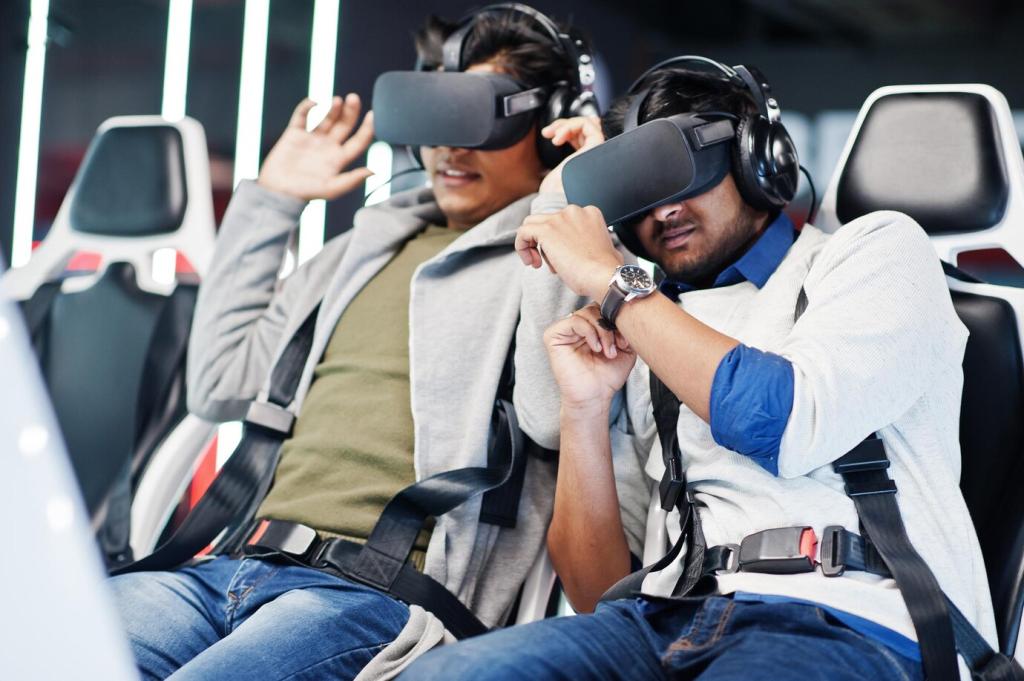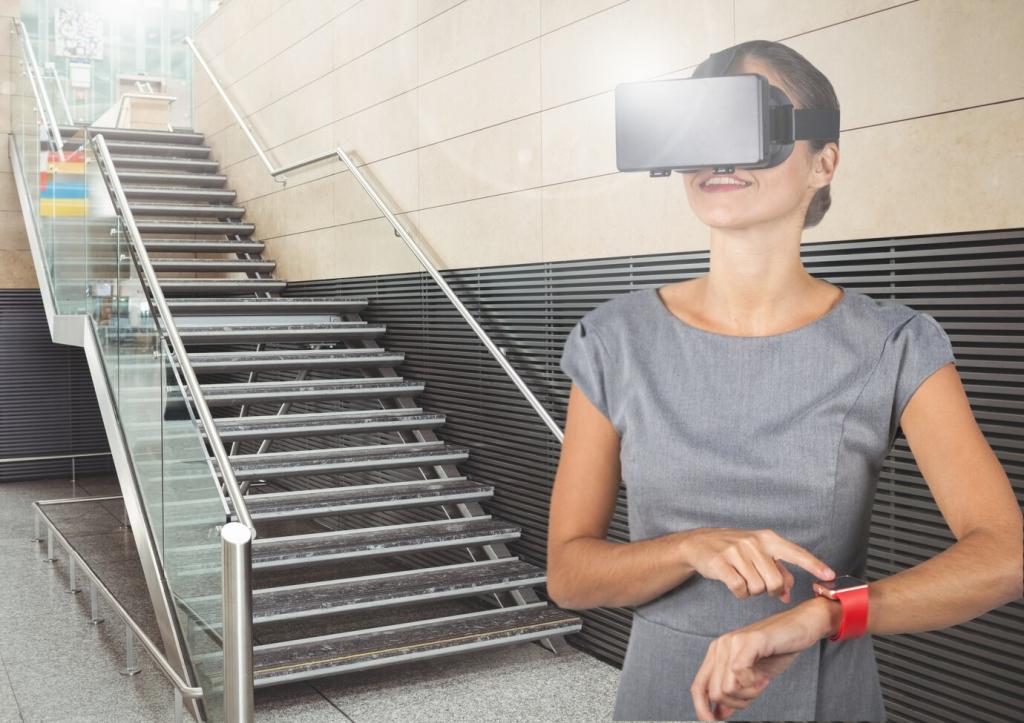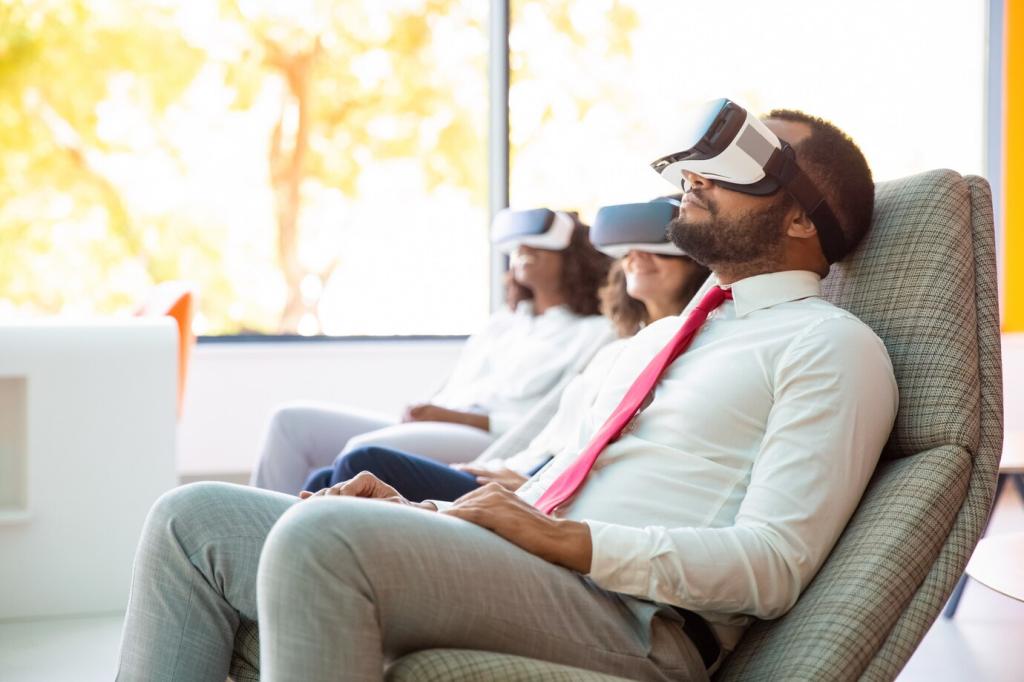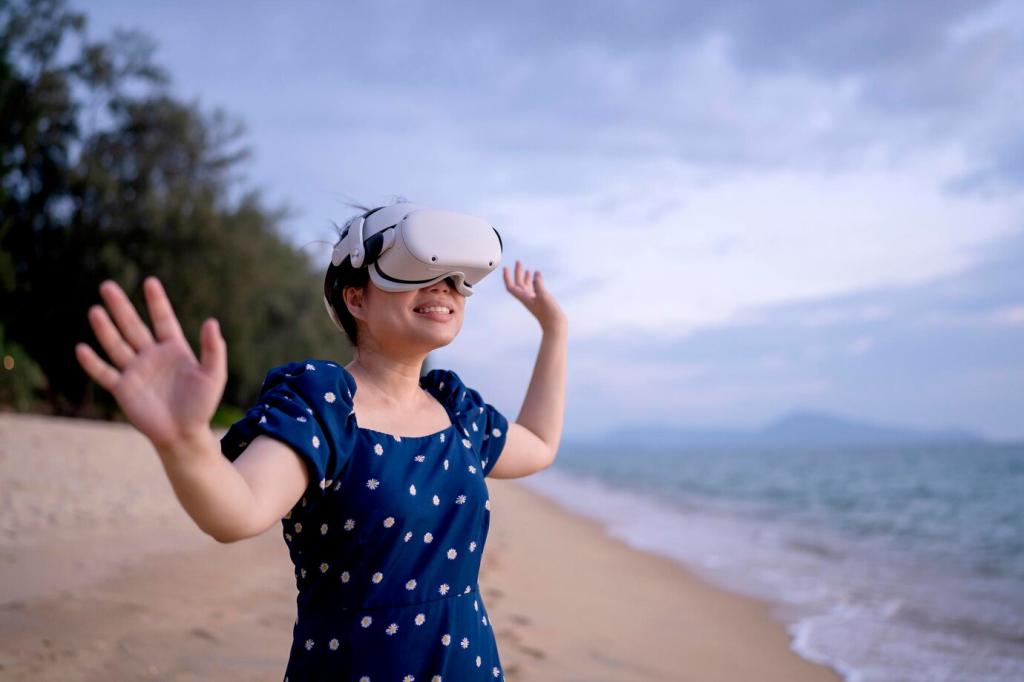This website uses cookies so that we can provide you with the best user experience possible. Cookie information is stored in your browser and performs functions such as recognising you when you return to our website and helping our team to understand which sections of the website you find most interesting and useful.
Emerging Trends in Virtual Reality Tourism
Virtual Reality (VR) tourism is rapidly transforming the way people experience travel, offering immersive journeys without the need for physical movement. This innovative approach is breaking barriers, allowing travelers to explore destinations, cultures, and attractions from the comfort of their homes. Industry leaders and startups alike are investing heavily in VR platforms that deliver authentic, engaging, and accessible experiences to a global audience. As technology evolves, new trends are emerging that redefine how we interact with travel content, plan vacations, and engage with cultures worldwide. In this comprehensive overview, we delve into the most significant trends shaping the future of VR tourism, highlighting the cutting-edge innovations and their impact on the tourism industry and user experiences alike.
Social VR Travel Experiences
Virtual Group Tours
Interactive Cultural Festivals
Virtual Meetups and Networking

Integration with Augmented Reality and Mixed Reality

Sustainable and Eco-Friendly Exploration
Reducing Carbon Footprints
Preserving Fragile Destinations
Promoting Local Economies Virtually

Marketplace Expansion and Monetization Strategies
Subscriptions and On-Demand Content
Virtual Goods and Souvenirs
Partnering with Travel and Hospitality Brands


